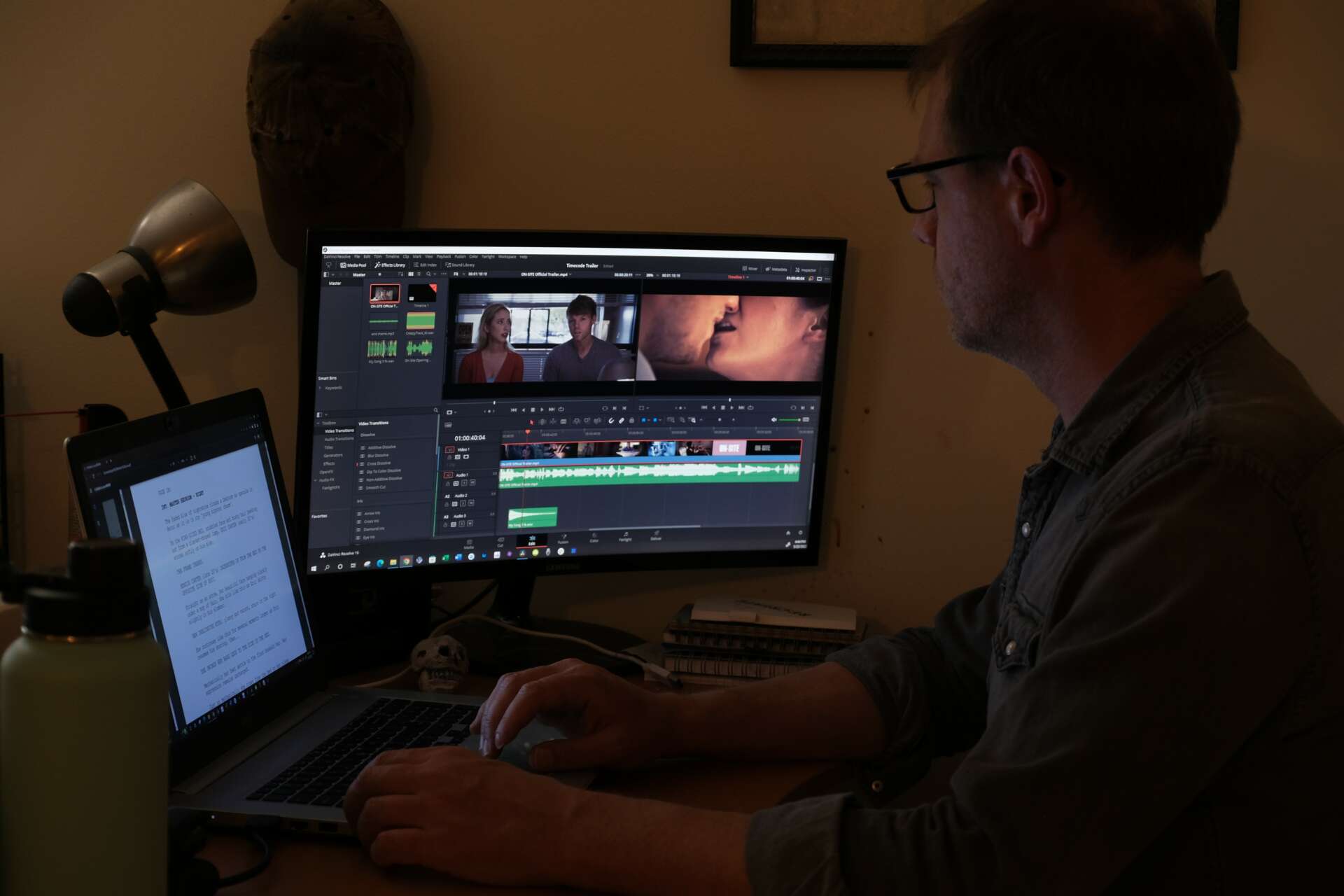We caught up with the brilliant and insightful Smith Glover a few weeks ago and have shared our conversation below.
Hi Smith, thanks for joining us today. So, let’s start with a hypothetical – what would you change about the educational system?
There are so many ways that we can change our educational system to help students thrive, but a primary one is to renew a focus on the arts in school. Oftentimes schools will either cut or deprioritize the arts for budgetary reasons, or because they are deemed non essential. But in my view that’s a serious mistake.
I worked on a documentary about arts in schools that are struggling with at risk students. I saw first hand how music, painting, etc programs can help kids who struggle academically to gain the confidence they need to succeed in all disciplines. Such programs can also help them understand they have a path to success after school ends.
They are also helpful for other kids who might not be at risk, but can’t see a future for themselves in the business or academic world. None of the schools that I attended really focused on the arts, or hinted to their students that it was possible to make a living in them. I know I would have benefited greatly from such guidance and support, and I’m sure others would as well.

Great, appreciate you sharing that with us. Before we ask you to share more of your insights, can you take a moment to introduce yourself and how you got to where you are today to our readers.
I work as a producer in the TV documentary space. I’ve been fortunate to work on some terrific shows so far in my career for platforms like Amazon, Showtime, CNN, ABC, PBS and Hulu. It was a phone call that got me into this industry – after years of working on local commercials, I got a call from a friend who needed an associate producer for a few weeks on a true crime show. That two weeks turned into 6 months, and I haven’t looked back.
Currently I work running post production, which means managing story producers, editors, schedule and, most importantly, story – making sure that we are crafting each episode in the best, most entertaining and emotionally resonant way. That’s really why I got into this industry, to tell stories, and it’s what I’m most passionate about.

What’s the most rewarding aspect of being a creative in your experience?
When a story element clicks into place! Telling stories, in whatever form they take, is deceptively hard. It’s something I didn’t really understand or appreciate until I started doing it professionally. You can have what seems like a terrific story, but the person telling it doesn’t shine, or can have a lot of good scenes that don’t hold together as an episode.
Finally figuring out how to make the story work can be a real high, and is immensely satisfying. And as documentary TV is inherently a medium of collaboration, you get to share that high with others.

What’s a lesson you had to unlearn and what’s the backstory?
Being literal. As a kid I was always very literal – if someone was telling a story about something we did together, I would want to make sure all the details were accounted for. That doesn’t always make for the best story.
We always make sure to stick to the facts on the shows I work on, but I’ve had to unlearn the desire to get into every detail of every story. Because if you do cram in too many details, the audience will get totally lost. This is a lesson I have to relearn with every show – what does the audience need to know, and then what does the audience want to know.



